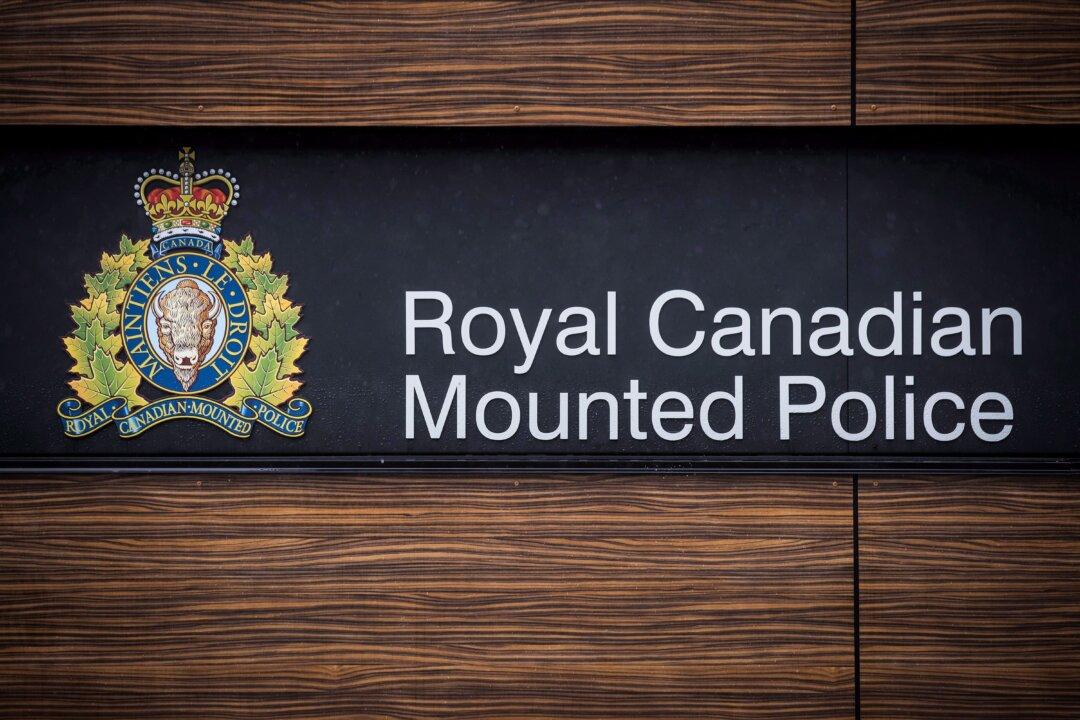Alberta Premier Danielle Smith’s decision to replace the RCMP with a provincial police service could lead other provinces to make similar moves and prompt RCMP reforms, say former Mounties and a criminologist.
Darryl Davies, a Carleton University criminology professor, says Alberta’s move is proper and overdue.





